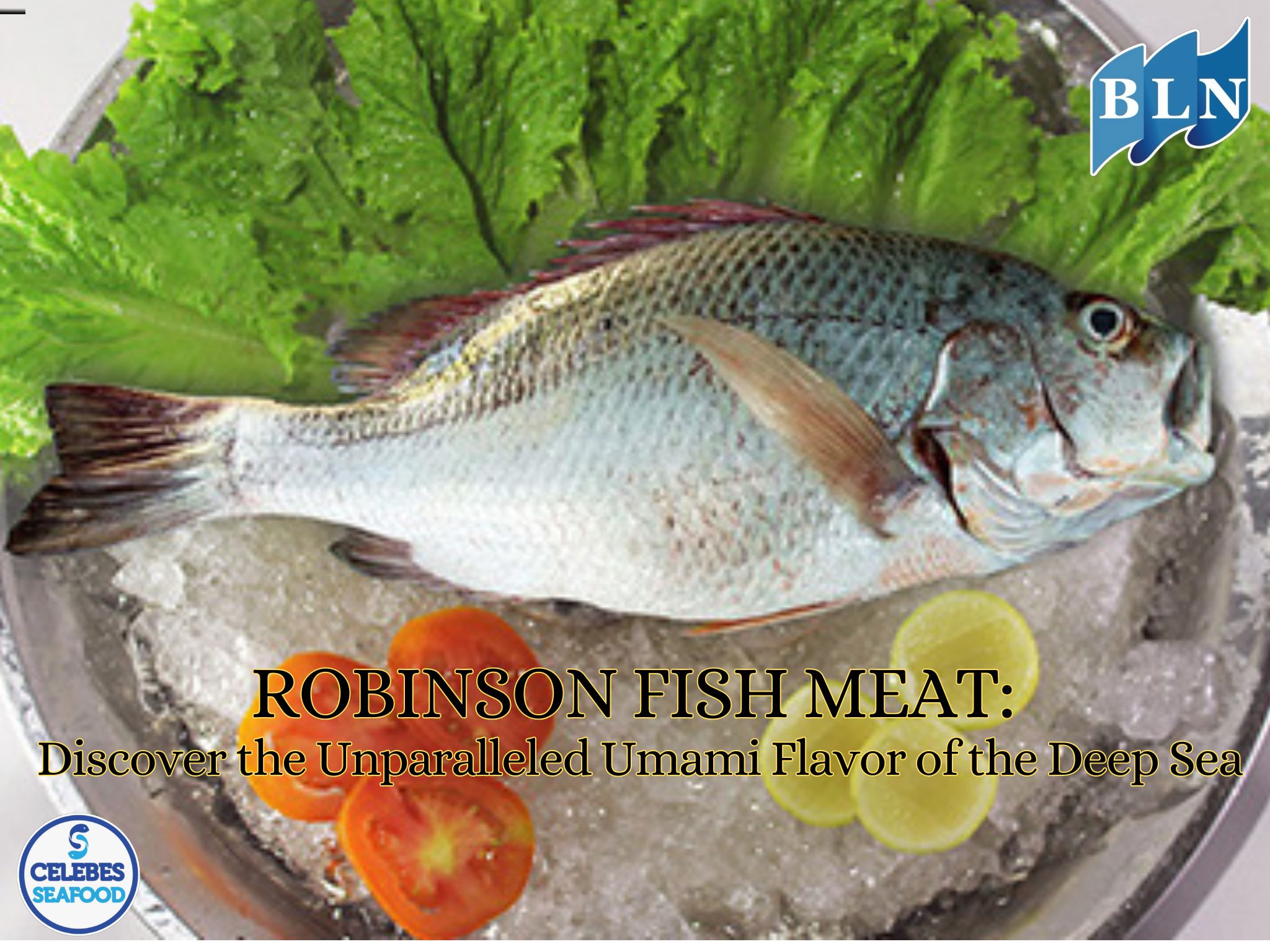Why Seafood Consumption is Growing Worldwide
By. Azizah - 23 Jan 2025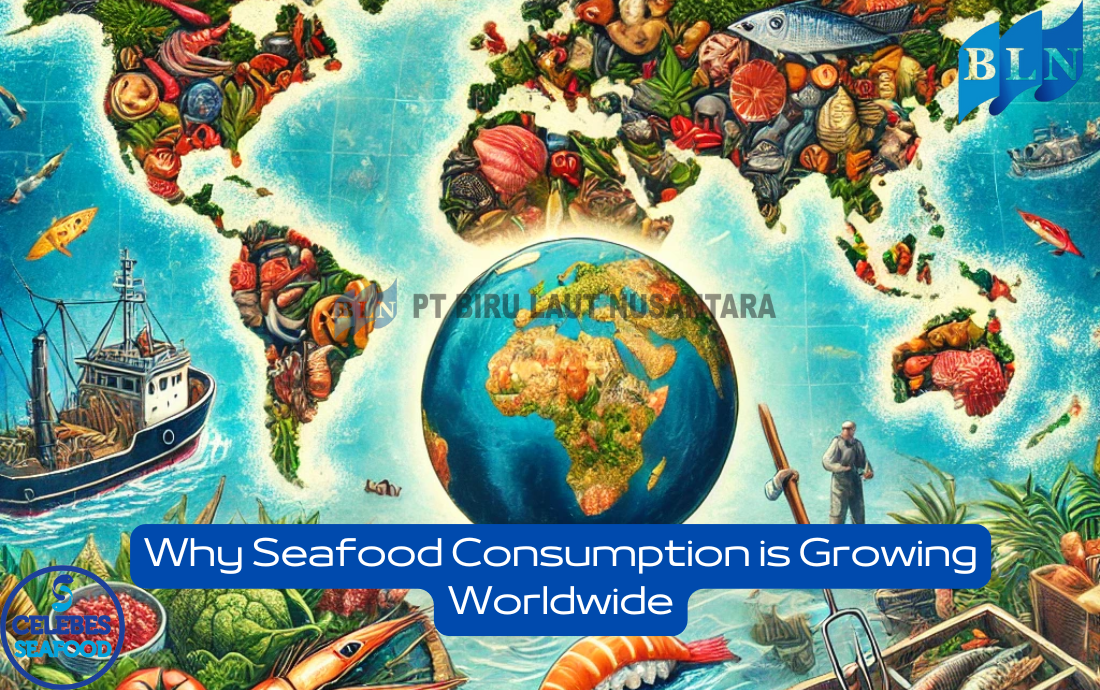
lautnusantara.com Seafood consumption has seen significant growth over the past few decades, driven by a variety of factors including health awareness, global population growth, and advancements in aquaculture. This article explores the key reasons behind this trend and its implications for the global food industry.
- Health and Nutritional Benefits
Seafood is widely recognized as a healthy source of protein, rich in essential nutrients such as omega-3 fatty acids, vitamins D and B, iodine, and selenium. These nutrients contribute to brain health, cardiovascular health, and overall well-being. With increased awareness of the health benefits, consumers are actively incorporating seafood into their diets as a healthier alternative to red meat and processed foods.
Read Also : Here is the Fast Freezing Method
- Global Population Growth
As the global population continues to grow, the demand for sustainable and nutritious food sources is rising. Seafood, being abundant and versatile, meets these criteria. Many developing nations with growing middle-class populations are also seeing an increased appetite for seafood, driven by rising incomes and urbanization.
- Culinary Trends and Globalization
The globalization of cuisines has introduced diverse seafood dishes to new audiences. Sushi, ceviche, paella, and other seafood-based cuisines are now enjoyed worldwide, thanks to the influence of international travel and media. This cultural exchange has made seafood a staple in many non-traditional markets.
Read Also : Optimizing Fisheries Revenue Through Strategic Accounting
- Advancements in Aquaculture
Aquaculture, or fish farming, has revolutionized the seafood industry. By providing a sustainable and consistent supply of seafood, aquaculture has made it more accessible and affordable for consumers. Innovations in this sector have also improved the quality and variety of seafood available in markets.
- Environmental Concerns and Dietary Shifts
With growing concerns about the environmental impact of livestock farming, many consumers are turning to seafood as a more sustainable option. While wild-caught fish can sometimes pose sustainability challenges, responsibly managed fisheries and aquaculture practices offer an eco-friendlier alternative.
- Government Initiatives and Marketing Campaigns
Governments and industry bodies worldwide have been promoting seafood consumption through campaigns emphasizing its health benefits and sustainability. These initiatives aim to educate consumers and encourage them to include more seafood in their diets.
Implications for the Industry
The growing demand for seafood presents both opportunities and challenges. On one hand, it offers economic benefits for fishing communities and aquaculture enterprises. On the other hand, it raises concerns about overfishing, environmental impact, and the need for stricter regulations to ensure sustainability.
Efforts are being made to address these challenges through technology, such as blockchain for supply chain transparency, and through international agreements aimed at preserving marine ecosystems.
If you are interested in our TOMATO COD WHOLE GILLED GUTTED, WAHOO NATURAL CUT FILLET SKIN ON, CORAL TROUT WGG WHOLE GILLED GUTTED & OCTOPUS WHOLE CLEANED BALL TYPE please do not hesitate to contact us through email and/or whatsapp.
 in Coral Reef Ecosystems.jpg)
.jpg)
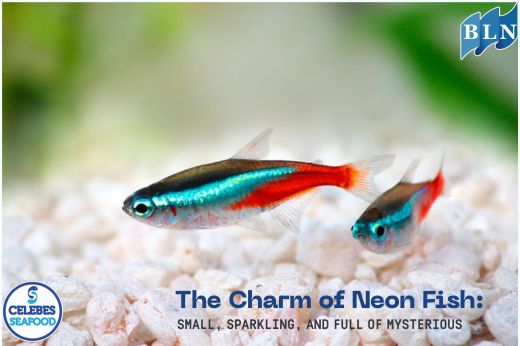
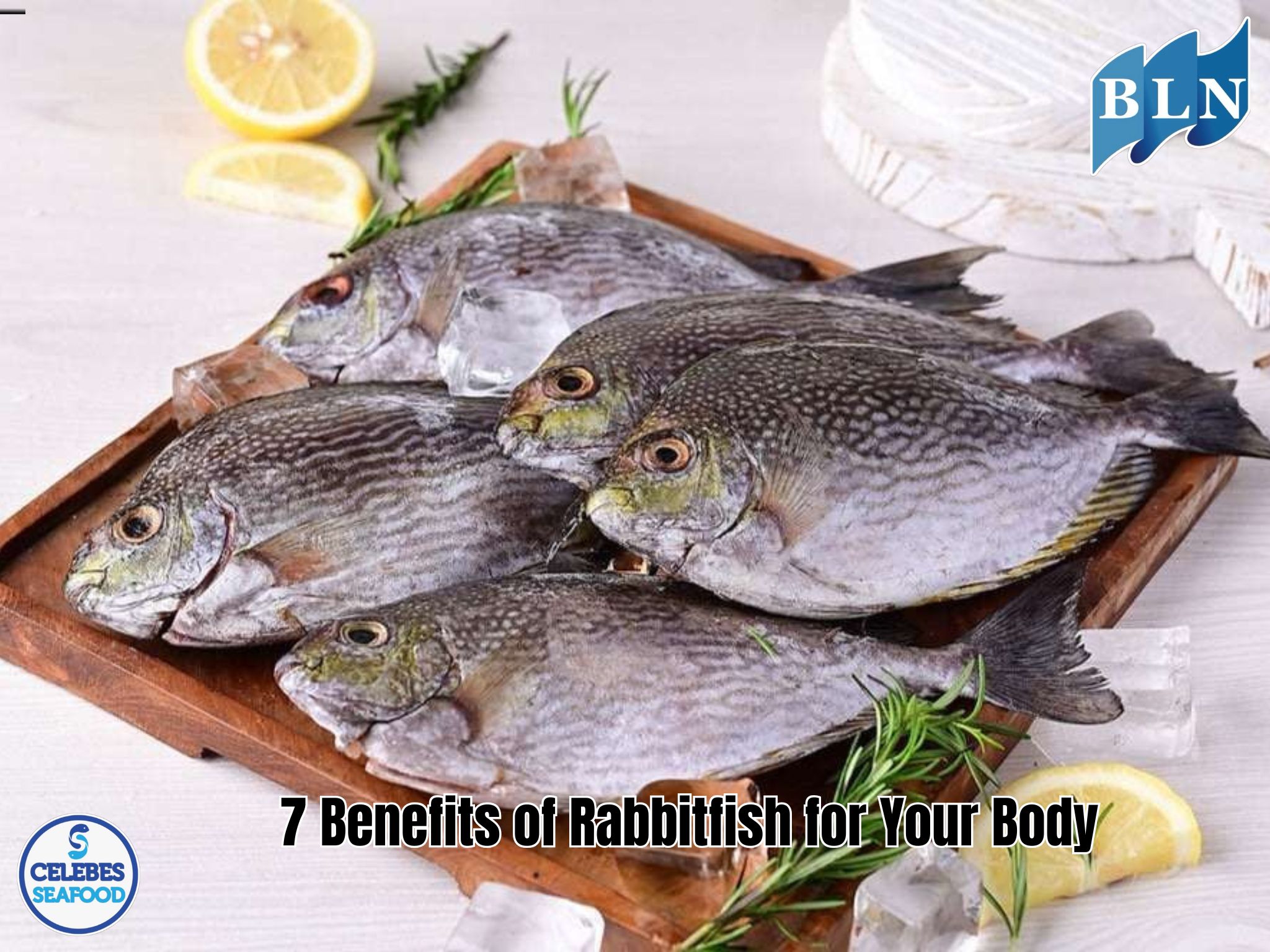
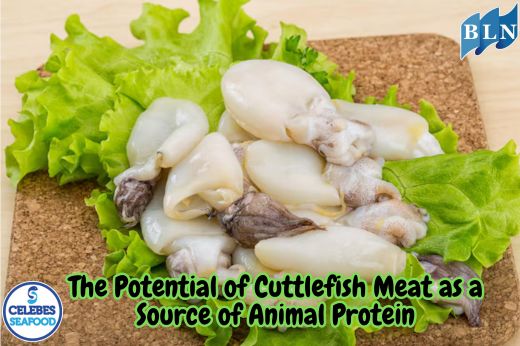
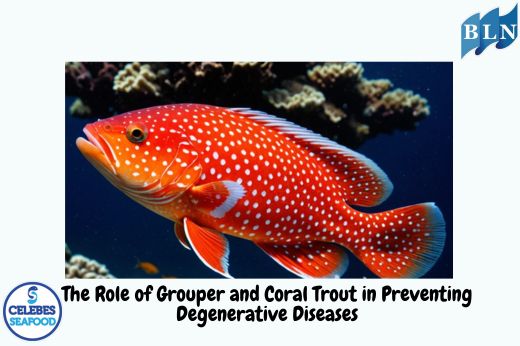
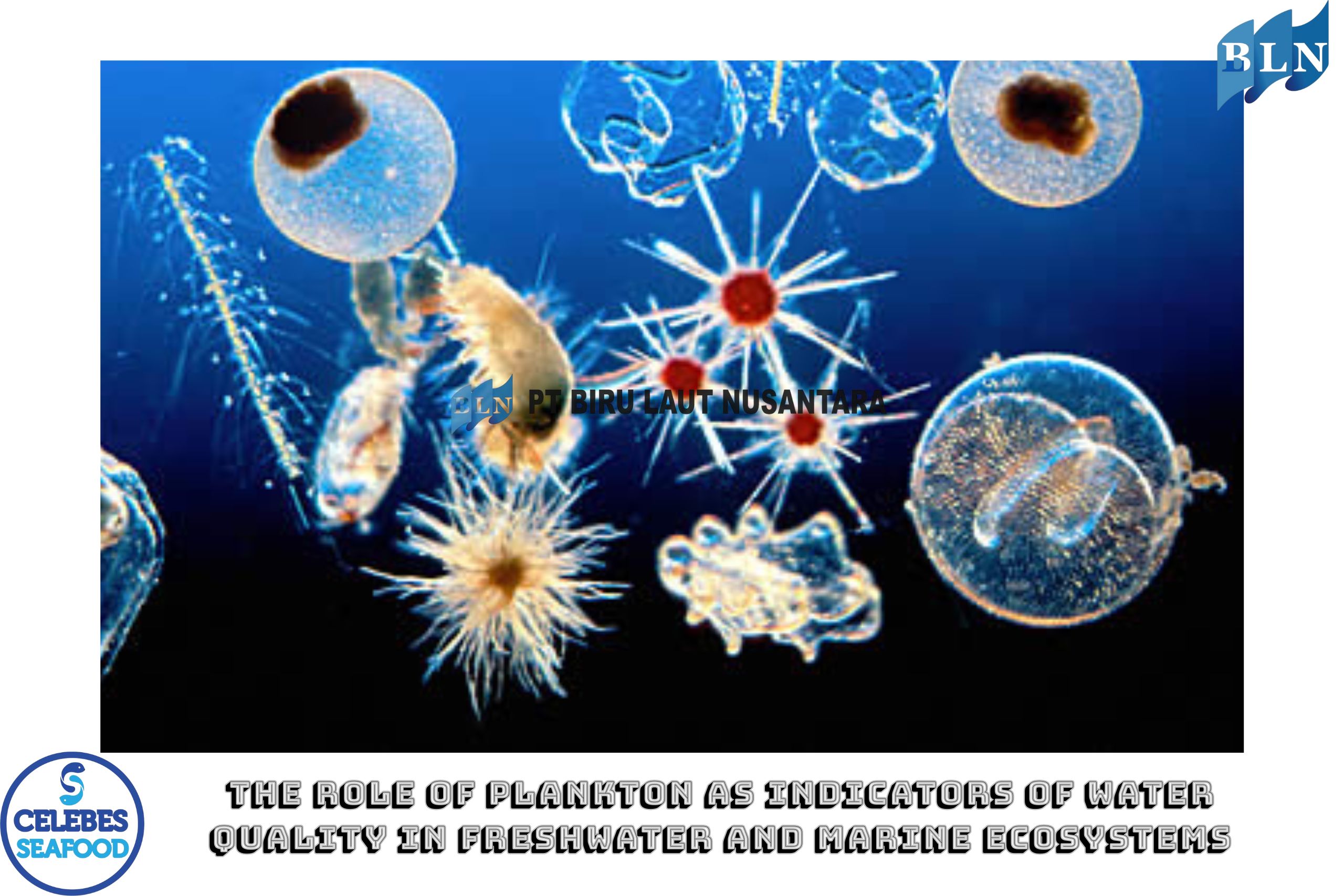
 and Its Impact on Indonesia's Maritime Economy.jpg)
